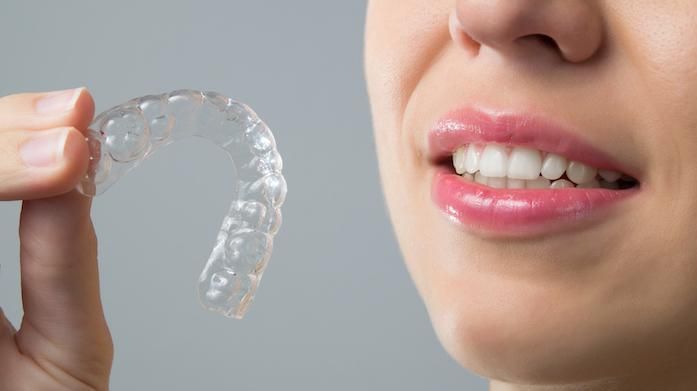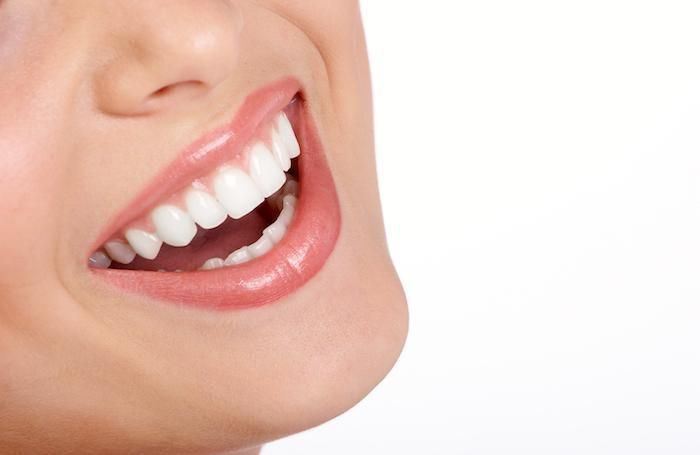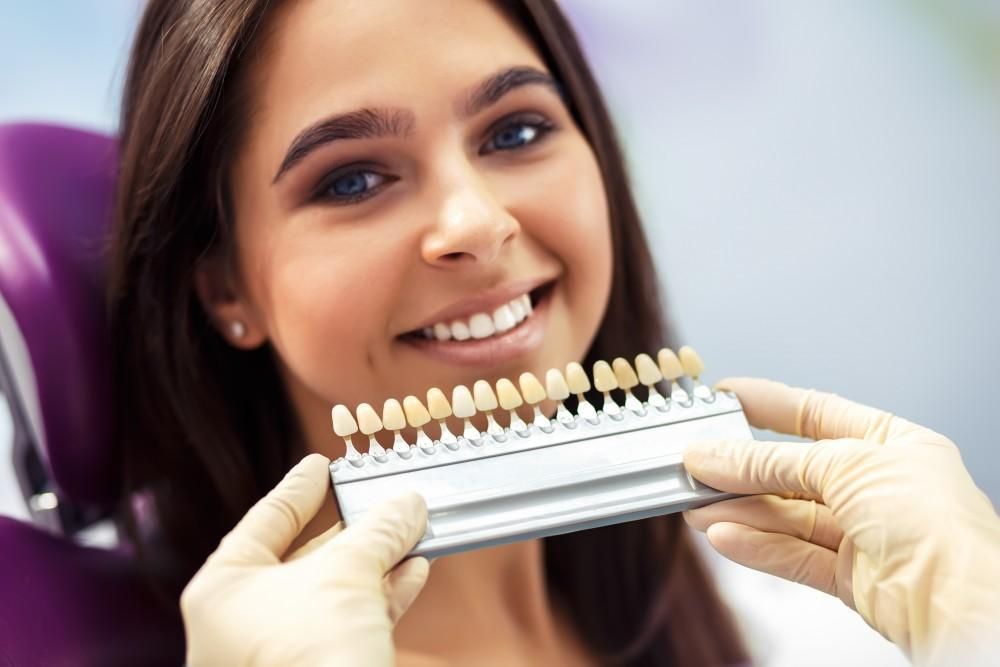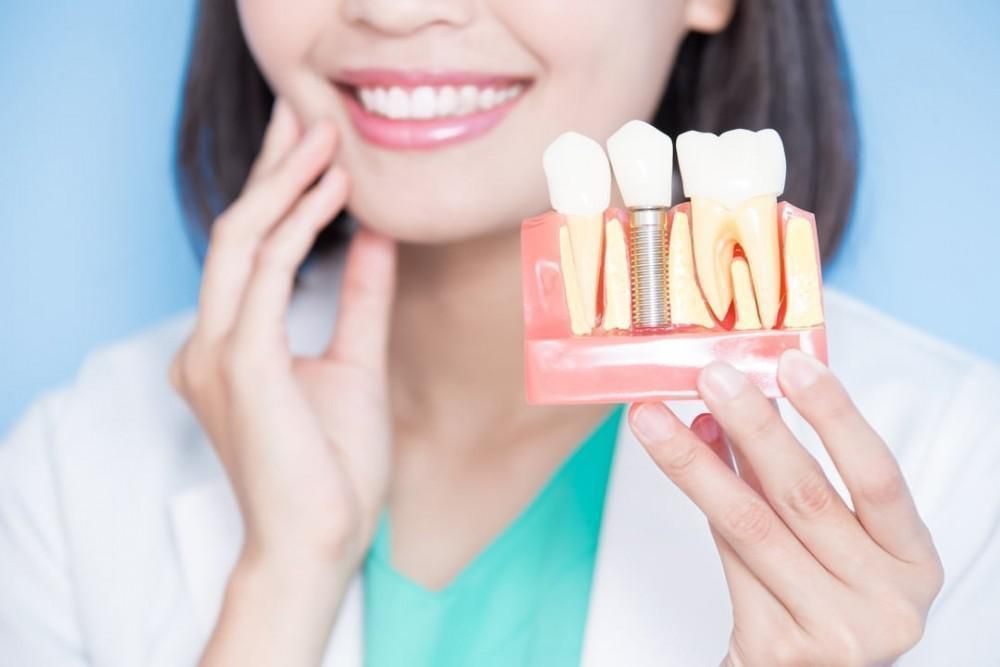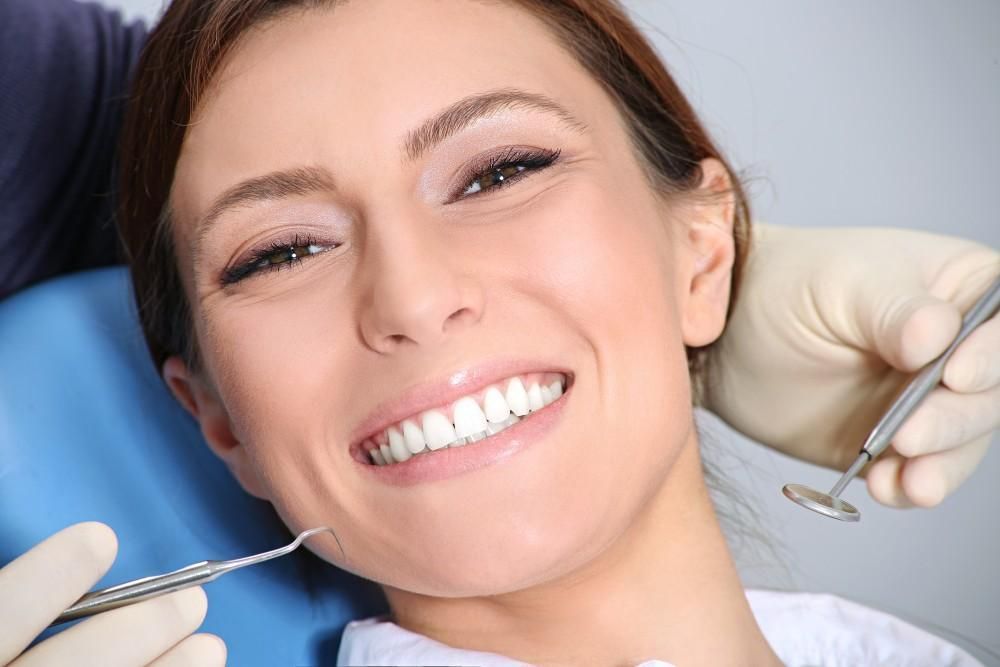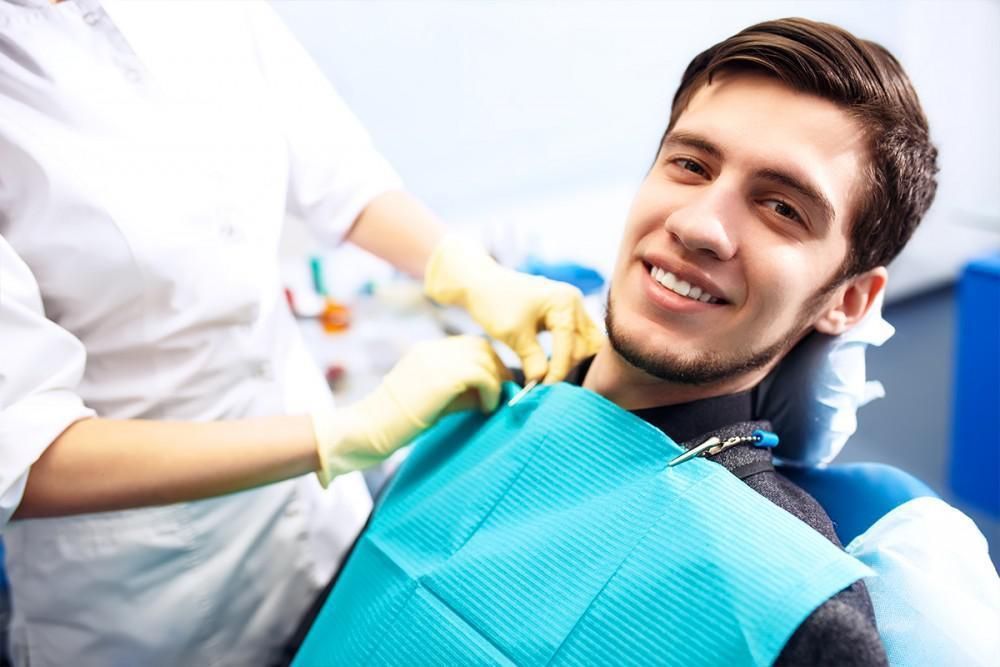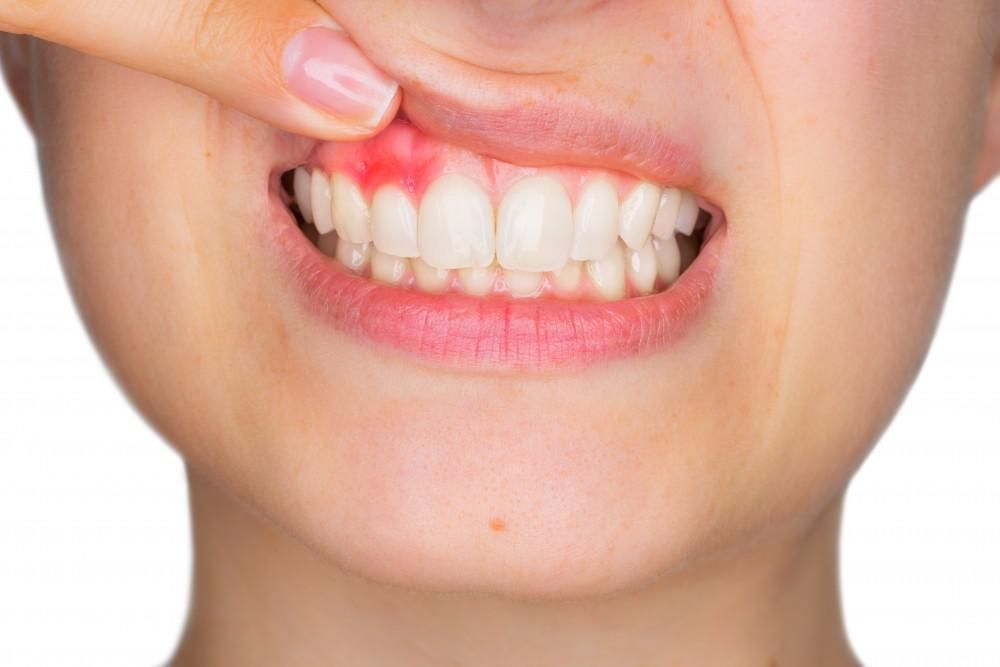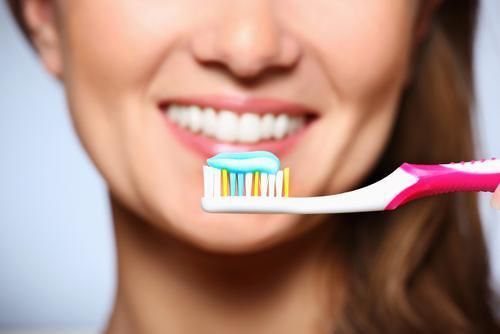6 Problems Invisalign Corrects
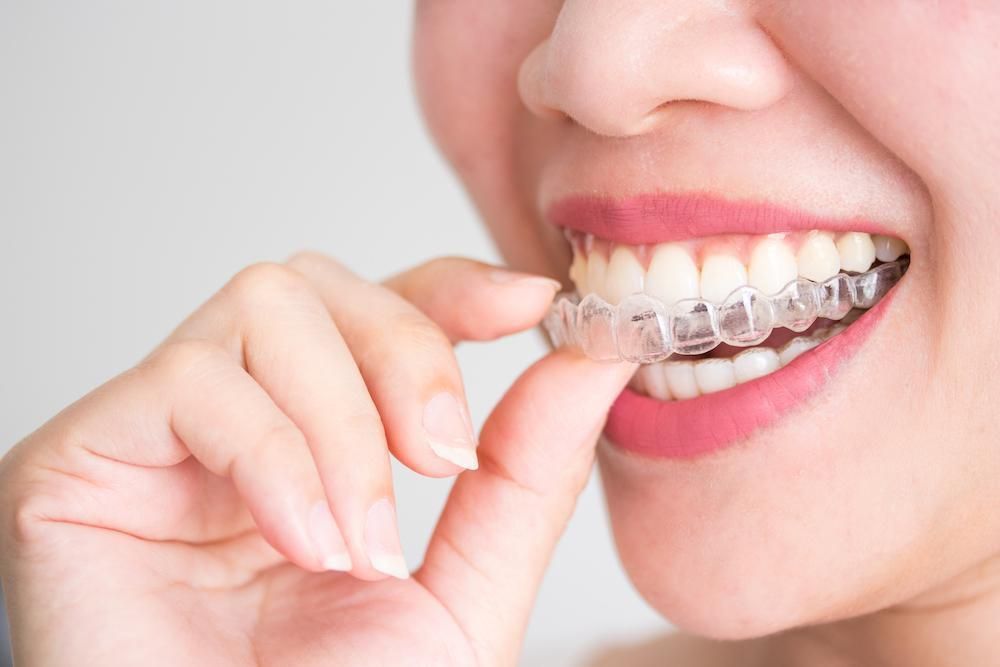
If you think braces are the only way to repair your orthodontic issues, think again. Invisalign® aligners are an alternative therapy for many of the same bite difficulties, giving you a beautiful, straight smile you feel confident to flaunt.
Invisalign aligners are nearly undetectable, even from up close. They're also comfortable and tailored to your teeth. Because you take them out to eat and drink, Invisalign does not require any dietary adjustments.
People of various ages come see us at Greenwich Dentistry in Cos Cob, Connecticut. Dental specialists Sean Sutton, DDS, and Mark Sutton, DDS provide comprehensive dental care for adults, teens, and children. Most of our patients benefit from Invisalign, which can often help obtain a straighter smile in less time than it takes with traditional braces.
Here are some of the most common dental alignment issues that Invisalign may correct.
#1 – Dental crowding
Teeth that overlap, appear twisted, or are forced in front of or behind adjoining teeth are referred to as crowded teeth. If you have this issue, your teeth may appear to be clumped together rather than uniformly spaced throughout your jaw when you smile.
When you have crowded teeth, it might be more difficult to keep your teeth clean. Brushing all of the tooth surfaces is difficult, and flossing is often impossible when you have really tight contacts. This means germs and plaque have more time to build up, paving the way to tooth decay and gum disease.
A customized Invisalign treatment plan helps to restore normal spacing between crowded teeth, resulting in a more attractive smile and easier oral hygiene.
#2 – Under-and Overbite
An overbite occurs when your upper teeth overlap your lower front teeth. Most people have a very minor overbite. If you have a more noticeable overbite, it can damage your appearance as well as your dental health, possibly causing uneven wear on your teeth, as well as jaw pain.
An underbite is the opposite of a crossbite, in which your lower front teeth protrude ahead of your upper teeth, impairing your ability to chew food properly and speak coherently.
For a straighter, more functional bite, Invisalign aligners gently relocate mismatched teeth back into alignment.
#3 – Misaligned teeth
The teeth in your upper and lower jaws do not line up properly when you have a crossbite. You could have a single misplaced tooth or several. Tooth damage, a receding gum line, and other gum issues are common consequences of a crossbite.
Your Invisalign treatment plan moves teeth into the proper position to correct any misalignment that is causing problems with your crossbite.
#4 – Gapped teeth
Food can get lodged in gaps between teeth, causing hygiene issues and dental damage. Furthermore, gapped teeth can make you feel self-conscious about your appearance. Most gaps can be closed with Invisalign; however, if the gap is too great, we may need to suggest additional procedures.
#5 – Open bite
An open bite occurs when your upper and lower teeth do not contact when you close your mouth. It can give the appearance that your teeth are protruding and is most commonly caused by thumb sucking or the use of a pacifier. It can also occur in adults who place pencils or other things between their teeth.
An open bite, like other alignment issues, can impact your appearance as well as generate a lisp, make biting and chewing difficult, and lead to fractured back teeth.
#6 – Crooked teeth
Invisalign is a discreet way to straighten crooked teeth. The clear aligners gradually move your teeth into alignment and you come in about every two weeks to get your next set of aligners. This keeps your teeth moving in the right direction.
If you’d like to find out how Invisalign can help you, schedule a consultation with a Greenwich dentistry provider by giving us a call today. Put your best smile forward!
